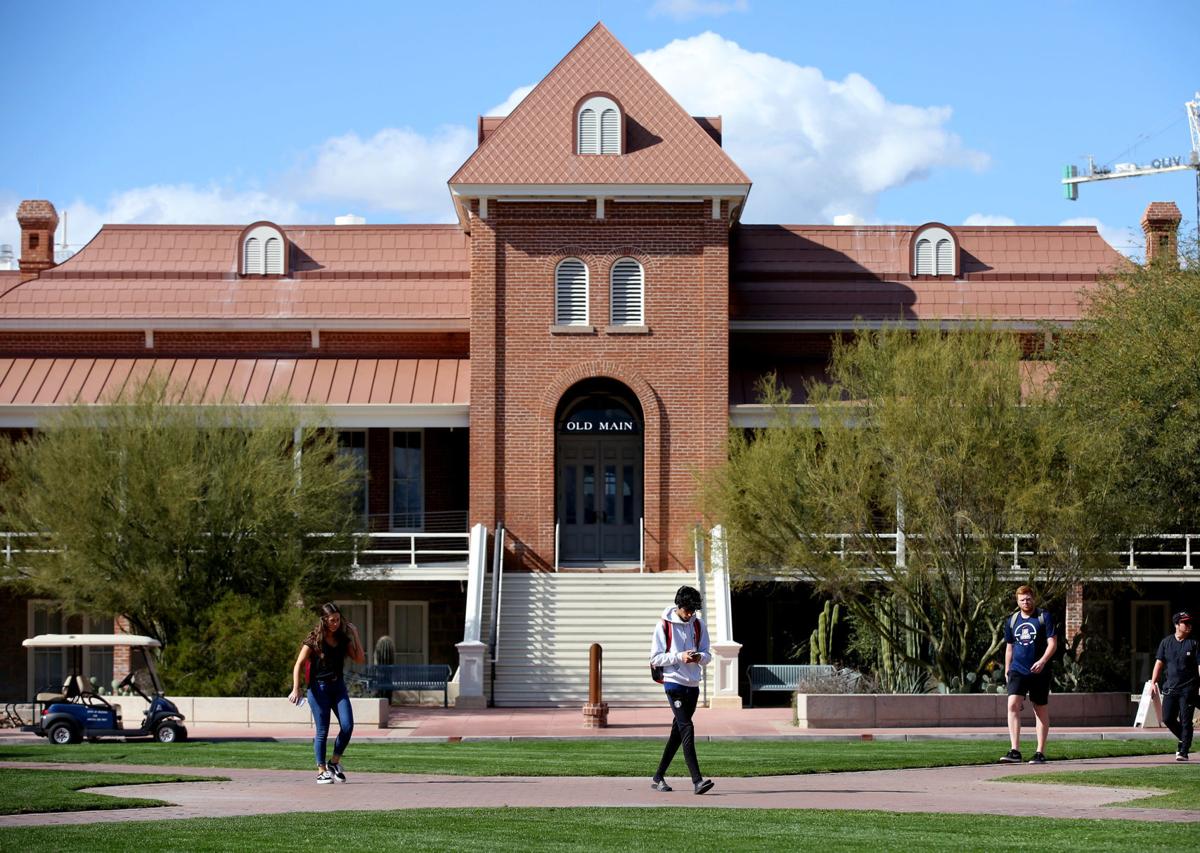PHOENIX — The House Education Committee voted Monday to require at least the monitoring of speeches made on university campuses — if not actually finding speakers with alternate views.
The measure approved on a 7-4 margin would require each of the three state universities to establish, fund and maintain an Office of Public Policy Events. That office would maintain a calendar of every event at each campus, complete with a publicly available video.
And, beginning in September 2021, that calendar would go to the governor and legislative leaders.
“My whole goal here is to educate students,” said Rep. Anthony Kern, R-Glendale, sponsor of the measure, House Bill 2238.
Kern said nothing in his legislation would preclude any professor or any group from inviting who they want onto campus. But he said it’s important to monitor what is happening at the publicly funded universities.
“As a legislator I think I should know that information,” Kern told his colleagues. “If the universities are asking for appropriations, I want to know how our students are being educated.
“If our goal is to educate the students, I think that that data should be available.”
Rep. Gerae Peten, D-Goodyear, pointed out that Kern’s legislation provides no cash to the schools to do all that.
She said that, if nothing else, it’s going to take staff and resources to compile the information and maintain those archives.
But the potentially bigger question for some lawmakers involves a provision in the bill that would require each of those new public policy offices to organize, publicize and stage events “from multiple, divergent and opposing perspectives.”
Each office would be required to invite speakers on issues, with a priority to those from outside the university “who hold perspective on widely debated public policy issues that are otherwise poorly represented on campus.”
Rep. Reginald Bolding, D-Laveen, questioned exactly how far that balance is supposed to go.
“This is February, Black History Month,” he said. “If you have a conversation about slavery, then should you have a slavery denier? Is that the opposing view?”
The potential vagueness of the bill clearly was of concern to some who agreed to support it.
Rep. Frank Carroll, R-Sun City West, said he believes the measure requires further review and discussion before it goes to the full House. But Carroll said the concept is not totally foreign, referring to the “fairness doctrine” that used to exist as a rule by the Federal Communications Commission for radio and TV stations.
That doctrine required stations, which exist through a public license, to not only discuss issues of public importance but also to air contrasting views. It was abolished in 1987.
Rep. Anthony Kern R-Glendale





